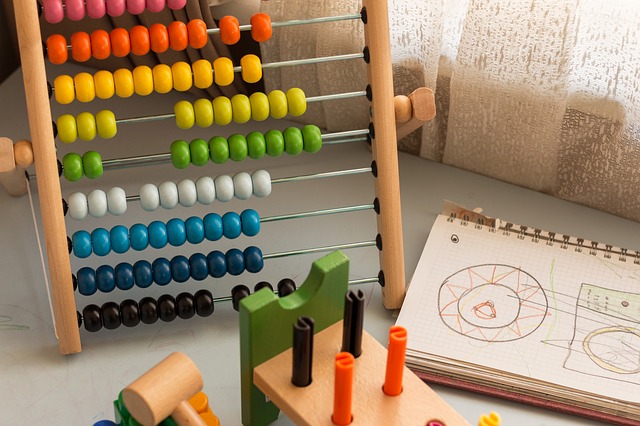People aspire to reach their dreams and share their passion with others. The field of education certainly calls a lot of aspirants but only a handful of them complete the journey. Being a teacher requires a lot of patience, especially in dealing with naughty children. Teachers need to understand history, math, science, and conduct reading lessons.
Children start exploring the world as soon as their parents bring them into it. They experience different things, especially when they bond with their parents. Usually, their parents become their first teachers. Kids learn music when their parents sing to them, especially when they lull them to sleep. When parents read to their children, it develops their cognitive skills. Early childhood education allows families to invest in themselves to develop and ensure their success in the future.
What is early childhood education?
Education among toddlers usually becomes a priority for parents and educators. They think that when children start school early, it helps them develop their skills. For most children, their brains develop starting from birth. Early childhood education spans from the period children were born up until eight (8) years.
Is early childhood education important?
Yes! Children’s education transforms their foundation for the future. It develops their minds for many subjects. Their bodies also develop for physical activities, both in school and in their extra-curricular activities. Moreover, it also aids in their social and cognitive development.
Education at a young age helps children learn to interact with others. It helps them learn many things such as:
- Counting
- Reading
- Singing
- Reciting nursery rhymes or poems
Most say that education forms a vital element in the child’s success in the future.
5 reasons why early childhood education is important
Most parents say that the best gift they can give to their children is education. It begins from the bonding moments every parent and child share.
Children start learning right after birth
When children are born into this world, they immediately start learning. Some parents may not notice how they educate their children socially through the cuddles they share. Their cognitive development starts when parents read to them.
Academically, children start learning when they identify shapes and colors. Their social skills start developing when they mimic the behavior of the people around them.
Early childhood educators are vital in molding children early on. They help them discover the innate skills they have that continuously develop as they age.
Early childhood education creates an impact on children’s mental and social health
In school, kids get separated from their parents. Some experience separation anxiety which makes it harder to focus on what the teacher presents in class. Early childhood educators know that their responsibility to children is of high importance. They help children to cope up with anxiety by diverting their attention to the classroom activities. Other teachers play games in order to give children some distraction and fun at the same time.
Going to school helps children learn a sense of independence as they go to the potty alone. Their parents are not there so they cannot just cry and wail for them. Children also get curious about the new environment they’re in. They discover the different elements in the playground and make new friends. Some encounter conflict as they play with other kids.
Molds children’s future
Parents who encourage their children to receive education early opens their children to opportunities in the future. As they learn at a young age, their minds store this information. When they grow up, they remember these bits of knowledge and at times, call it stock knowledge.
Their education teaches them different habits that will help in the future. When they make notes at a young age, it’s likely they will take down notes in elementary, high school, or even in college. The subjects they learn in preschool lay the foundation for their future and further studies.
Early childhood educators aid parents to identify challenges in their children
Education takes trial and error, especially with children. Some learn through visual aids. Others learn through kinetic methods. These do not necessarily ensure academic success. Education systems vary depending on the school and the administration. They create curriculum for every age bracket. If some children find it hard to learn through the common methods of their teachers, they need more help to cater to their learning needs.
Educators let children try interventions to lessen the gap and pinpoint their difficulties. Some of the factors could be:
- Behavioral challenges
- Lack of emotions
- Difficulties in socializing with other children
It presents long term benefits for children
According to research, early childhood development shows that educational programs for children give positive results. This prepares them for the time that they enter school.
For families who face financial challenges, this helps their children a lot. Some children enter schools unprepared. They find it hard to read or write which other kids already know about.
Early childhood education gives parents a reason to believe in their children more. As a popular saying goes,
The youth is the hope of fatherland.
Dr. Jose Rizal
The hope of the future rests in the hands of children today. National CDA Training provides training for aspiring educators that help children and prepare them for the future. For aspiring educators, enroll now and start your journey as a childhood educator!

